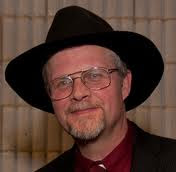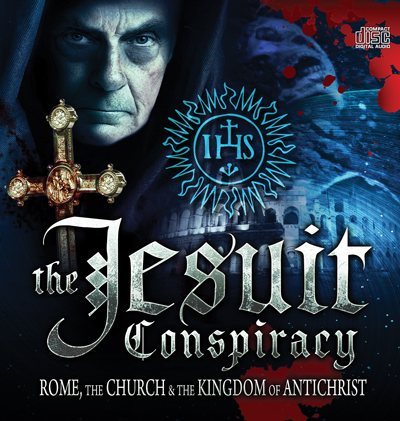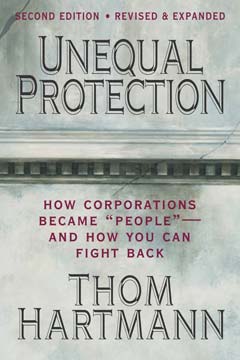1. What is your answer to the Pre-Socratic era of Greek Philosophy, and Zeno’s Paradox? Zeno of Elea (490-430 B.C.) brought the Pre Socratic era to a close with his devastating arguments against sensation, space and motion. First, was his famous Paradox. To be brief, Zeno’s argument, in essence, is that in order for Achilles to move from point A to point B he must come at least half the space. If so then he has to come at least a tenth; a hundredth; a millionth, etc. He must pass through an infinite number of points in a finite segment. Motion is therefore impossible and space is indefinable. (The essence of his argument is not a relation of motion to time but the impossibility of exhausting an infinite series. Neither is his argument that Achilles has to exhaust the series to the last point for there is no last point. Also, one cannot divide an infinite series. To do so one must assume that the object in motion stops in mid-motion to create a mid-point. The mid-point then is only potential and not actual. I admit that it is possible to exhaust an infinite series of potential points, but not actual points. Also, you cannot appeal to imaginary, indemonstrable units of measurement like Plank Units to answer this paradox.) In a further complaint against the concept of space, Zeno argued that if atoms and motion required space there must also be super-space for space to exist in and another super-space for that, ad infinitum. Zeno also refuted the idea of sensation in the Atomistic system which denied qualities to atoms. In an exposition of Zeno’s criticism of Democritus’ Atomism (Later to dominate the Scientific Revolution) Dr. Clark says,
“When an ocean wave ‘thunders’ against the rocks, no atom produces an audible sensation; but the wave is nothing but atoms; therefore, it produces no sound.” (Ancient Philosophy, 272)
This failure to construct a material/corporeal reality was the formal cause of the atheistic Sophist movement that immediately followed. Protagoras’ Man Measure Theory was the new fad and the idea of truth was buried as impossibility. If Zeno cannot be refuted, the entire Anti-Christian scientific secular enterprise is impossible to demonstrate and should be removed from the category of demonstration and kept in the category of operation.
The Christian answer to the Pre-Socratics is found in Saint Augustine’s Book Concerning the Teacher, where he admits the impossibility of empirical knowledge and asserts that knowledge comes from the Second Person of the Trinity (The Teacher): an immediate and uncreated revealed light.
2. How did science recover from the second refutation of atomism (Zeno produced the first) in the 1930s, namely the splitting of the atom? This question is by no means intended to question the existence of atoms. Atomism is a philosophy of reality developed early in Greek philosophy primarily by Democritus to buttress the possibility of corporeal unchanging objects of knowledge. If you want to say something that means the same thing 5 minutes after you say it you need something changeless through qualitative change. My question hits at science’s objects of knowledge. What are they now, post-split? The question has to do with the nature of reality and the objects of knowledge.
3. How can the planet earth qualify for the laws of physics since it is not in uniform motion?
4. How do you explain the universe? Dr. Clark in an exposition of Parmenides presents an ancient dilemma for all philosophies saying,
“Being cannot have originated or come into being. It cannot have come from non-being, for non-being never has existed for anything to come from it. Nor can Being have come from Being, for Being is Being without any coming. Therefore origination is impossible and Being is eternal, immutable, and changeless.” (Ancient Philosophy, 269)
The Christian answer is found in the Trinitarian debate with the Arians where Athanasius distinguishes between God’s nature and God’s will. How do you answer this?
5. How do you define sensation and show how sensation produces perception and abstract ideas?
6. What language should we use to talk about the material world? Mary Louise Gill refuted all attempts made to provide a theory of individuation in Aristotle (Making Logic [The Law of Contradiction] impossible; thus making language impossible.) in her article: “Individuals and Individuation in Aristotle” (Unity, Identity, and Explanation in Aristotle’s Metaphysics (Oxford: Clarendon Press, 1994).
i. If we take matter to be the principle of individuation how do we individuate one unit of matter from another? Some will say, “the spatio-temporal location”. Yet this is circular. How do we individuate spatio-temporal locations? By the matter contained in that space. So the matter is individuated by the space and the space by the matter.
ii. Some have tried to use matter and quantity as the principle of individuation. Gill replies, “this criterion will not work for identical twins, two drafts of water from the same fountain, or Max Black’s pair of spheres, which have qualitatively identical matter.” (pg. 62)
iii. Another attempt has made material continuity the principle of individuation. Gill speaks to this issue on page 66,
“If two statues of Socrates are made out of the same bronze at different times, the statues are distinct because the time during which the matter constitutes the two is interrupted. In the interval the bronze survives the destruction of the first statue and the generation of the second…If this is Aristotle’s answer to the puzzle about material migration, then continuity of matter is not sufficient even to account for weak individuation. Continuity of time is also required.”
iv. Some have tried to use form as the principle of individuation. Gill replies,
“But it is not very good evidence…Some defenders of the thesis will respond that the forms of Callias and Socrates differ because they are realized in different parcels of matter. But then form is not after all the principle of individuation, since the matter, rather than the form, differentiates the particulars.” (pg. 68-69)
7. How the philosophy of science known as Operationalism (My position as a Protestant Christian) would eliminate the possibility of utility in the different fields of science?
8. If all knowledge comes through sensation, and if behavior and genetic progression is caused by universal laws, why is it that humans (Whose sensory capacity is often inferior to other creatures) are the only species that has the rational capacity to have written language, grammar books, dictionaries and mathematics, etc.? This was the fundamental problem Alfred Russell Wallace (1823-1913 A.D.) faced. He was a British Naturalist who proposed the first theory of natural selection that Darwin, a colleague through correspondence, praised and used to promote his own theory of natural selection. In the year 1858, Wallace was thoroughly convinced of natural selection. In 1861 he wrote a letter to his brother-in-law, stating his utter disbelief in God and the soul stating they were not beliefs from “intelligent conviction”. However, Wallace began studying Spiritualism in 1865 and soon after rejected the theory of Natural Selection. Outside of the racist implications of the theory which Wallace was very troubled by, Wallace argued that natural selection could not explain a number of phenomenon in the world and Darwin was quite distressed by it.
9. Do you have a complete theory? Traditionally, human Philosophy is divided into 4 main heads: 1. Metaphysics (Theory of Reality-Includes the Philosophy of Science) 2. Epistemology (Theory of Knowledge- Includes the Philosophy of Language) 3. Ethics 4. Politics (Includes a Philosophy of History). As a Protestant Christian, with the writings of Early Greek Christian Fathers, Protestants like Gordon H. Clark, the Protestant Westminster Assembly (1640s) and the accompanying Political Revolutions that Presbyterianism produced (The exposing of the tyranny of Roman Catholicism [Which has again been openly vindicated by their cruel and unforgivable protection of child predators in America in the last 10-15 years], the refutation of the Divine Right of Kings, and the affirmation of representative rule: that rulers must have the consent of the people to rule lawfully through lawful elections-per Samuel Rutherford’s Lex Rex) I have a complete Philosophy to guide, protect, progress and unify a human civilization. Our country is fragmented into thousands of confused pieces. We live in a nation that has no clue what to believe and its politicians deceive the people as they argue over arbitrary tastes and opinions with no absolute objective standard of law (Protestant Absolutism) to appeal to. This has left the door wide open for the Roman Catholic Church (Tyrannical Absolutism) to once again gain influence in our country. This leads to my next question.
10. How you are going to unify the American people in an effort to remove the Roman Catholic Church from our country? The Roman Catholic Church with its Jesuit Assassins has been kicked out of dozens of countries in the past few centuries for political intrigue and attempts to overthrow these nations’ governments. They are doing the same thing again, as their Roman Catholic, once Professor at the Jesuit Georgetown University, Viet Diem wrote his tyrannical Patriot Act which was passed by that Papal coadjutor George W. Bush. This legislation basically overturns Basic Human Rights that have been acknowledged in both The United Kingdom and the US for over 300 years. Right before our war of Independence we had the Great Awakenings, which were Protestant Christian religious revivals. This was important to identify what King George was up to with his Papal coadjutating Intolerable Acts, which clearly revealed to colonialists (Now revived by Protestant principles) that he had been bought by Rome; especially his Quebec Act. Protestant revivals provided the unifying energy to overcome Roman Catholic tyranny over 200 years ago in our country. Do you seriously believe that Secularism is going to do this for our country? If you cannot provide a principle of unification for our country, you should again see how inhuman it is. How are you not taking us back to the dark ages? Also, if you take Bart Ehrman’s criticisms of the New Testament how is this not a complete denial of human literature and historiography in toto?



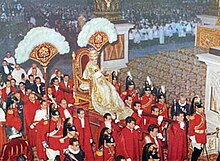
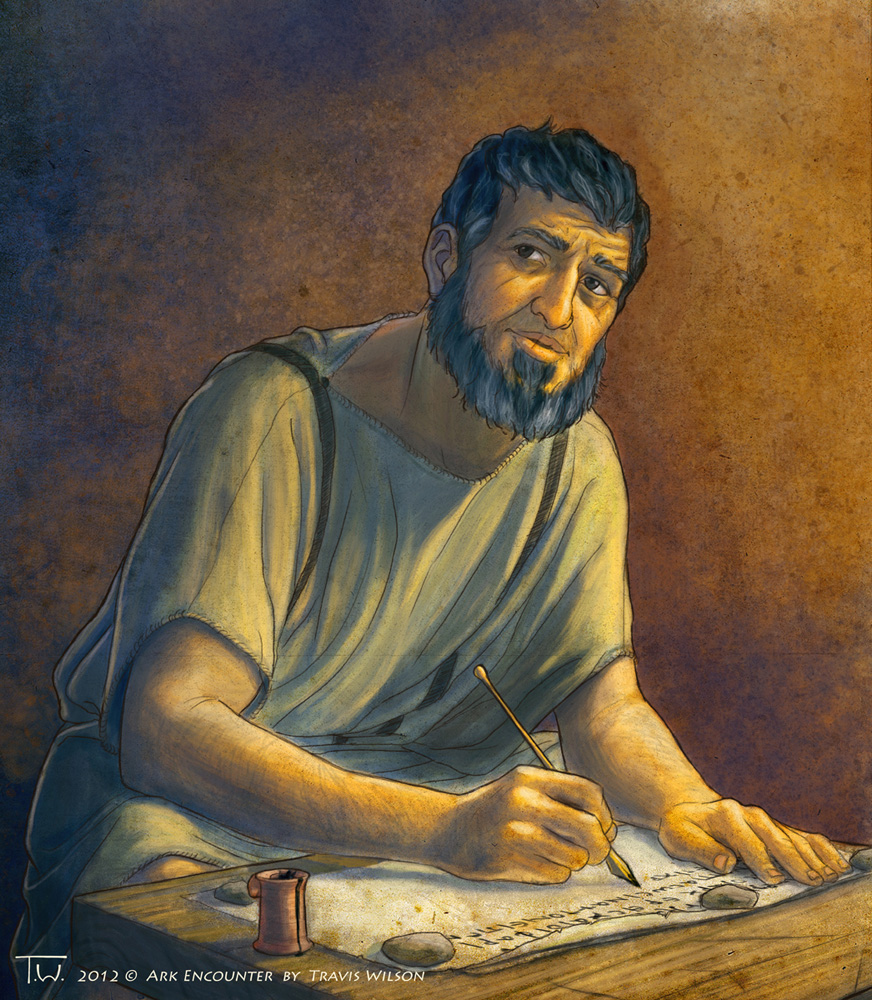


-1-.jpg)












